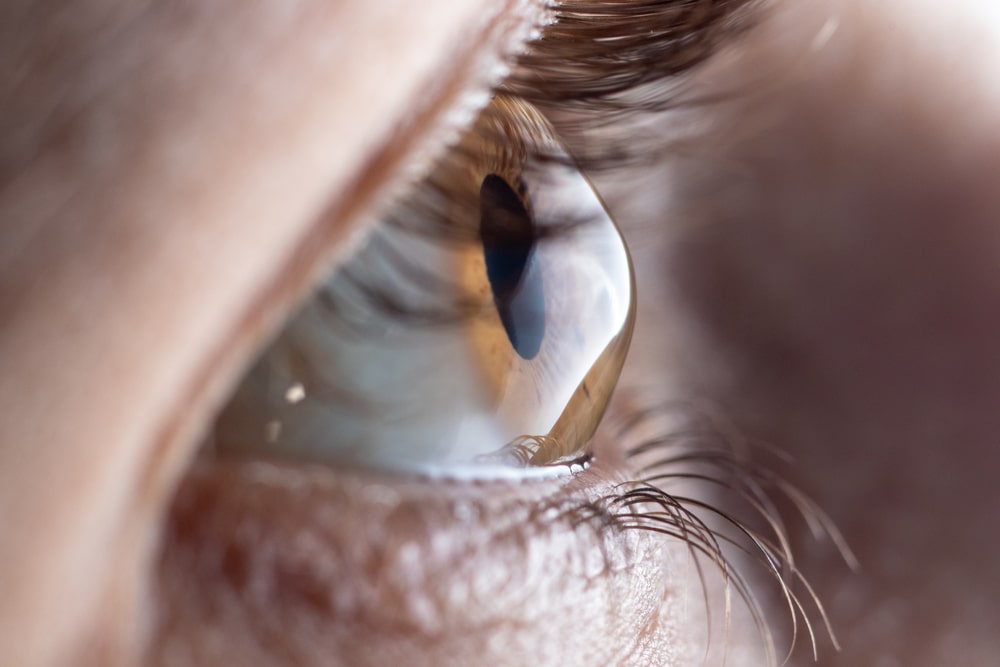Corneal Cross-linking

What Is Keratoconus?
Keratoconus is a non-inflammatory eye condition in which the typically round dome-shaped cornea progressively thins and weakens. These changes in the cornea structure eventually cause the development of a cone-like bulge and optical irregularity of the cornea.
Many people with keratoconus experience blurry or distorted vision due to the changes occurring in their cornea. In some cases, people with keratoconus report that there is “static” in their vision. Keratoconus can result in significant visual impairment. Although there is currently no cure for keratoconus, there are various treatment options.
Corneal Cross-Linking at Center for Sight
At Center for Sight, we proudly offer the iLink corneal cross-linking procedure to patients to stop the progression of keratoconus and improve the strength of their corneas. Our cornea specialist, Dr. G. Tipton McKnight, has the experience and expertise needed to diagnose and treat your keratoconus.
What Is iLink™ Corneal Cross-Linking?
iLink corneal cross-linking is a minimally invasive outpatient procedure. The iLink corneal cross-linking procedure combines the use of ultraviolet light, and specially formulated eye drops to stiffen and strengthen corneas that have been weakened by eye conditions like keratoconus or refractive surgery.
Cross-linking is considered the standard of care around the world for progressive keratoconus and corneal ectasia following refractive surgery. Before Dr. McKnight performs the iLink corneal cross-linking procedure, he will numb the surface of your eye using anesthetic eye drops. Next, he will gently remove the epithelium, which is the top thin layer of your cornea, in order to reach the treatment zone. Once the epithelium is removed, Dr. McKnight will apply specially formulated eye drops, known as Photrexa, to your eyes. After about thirty minutes of application of the eye drops, Dr. McKnight will expose your cornea to UV light using the KXL system while additional Photrexa drops are applied. Although the iLink corneal cross-linking procedure can help strengthen your cornea and halt the progression of keratoconus, it is not a vision correction procedure. After the procedure is complete, your eye doctor will place a contact lens over your eye that will act as a bandage and allow your cornea to heal.
What Can I Expect After the Corneal Cross-Linking Procedure?
Since the corneal cross-linking procedure is an outpatient procedure, you will get to go home the same day as the procedure. You will be given a list of instructions to follow in order to help your eyes heal. One of the most important things you can do to avoid complications and help your eyes heal is to not rub your eyes while they are recovering. You may also notice slight light sensitivity. If your eyes are sensitive to light, wear sunglasses to help shade your eyes.
Dr. McKnight may also recommend using artificial lubricating drops frequently during the healing process. Once your eyes have healed, he will remove the bandage contact lens. You will be scheduled for several follow up appointments after the corneal cross-linking procedure so Dr. McKnight can ensure that your eyes are healing correctly and determine the success of the procedure.
Is Corneal Cross-Linking Right For Me?
To determine if iLink corneal cross-linking is right for you, schedule an appointment at Center for Sight. Cross-linking does not reverse keratoconus, but it will help prevent the condition from worsening.

